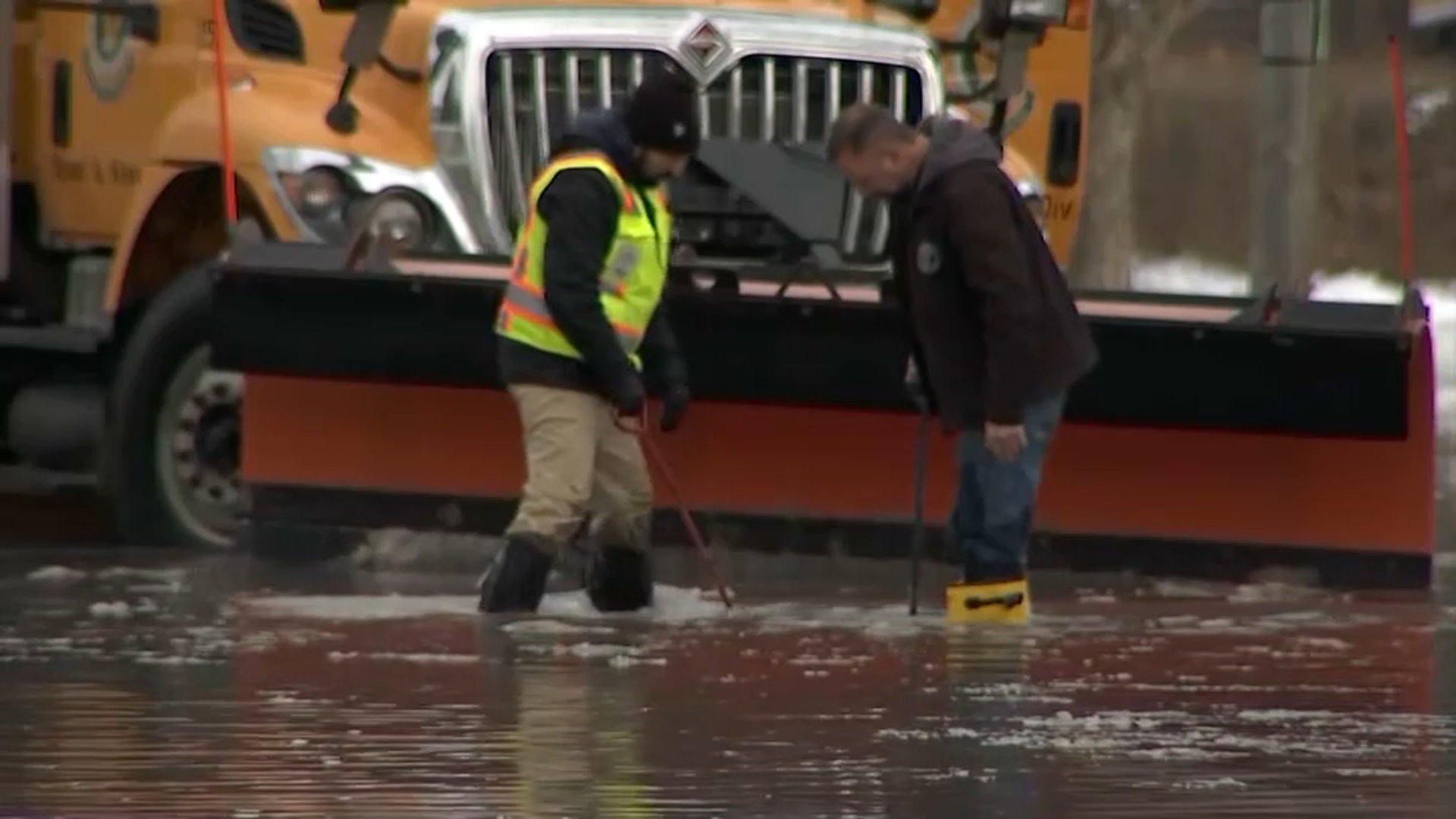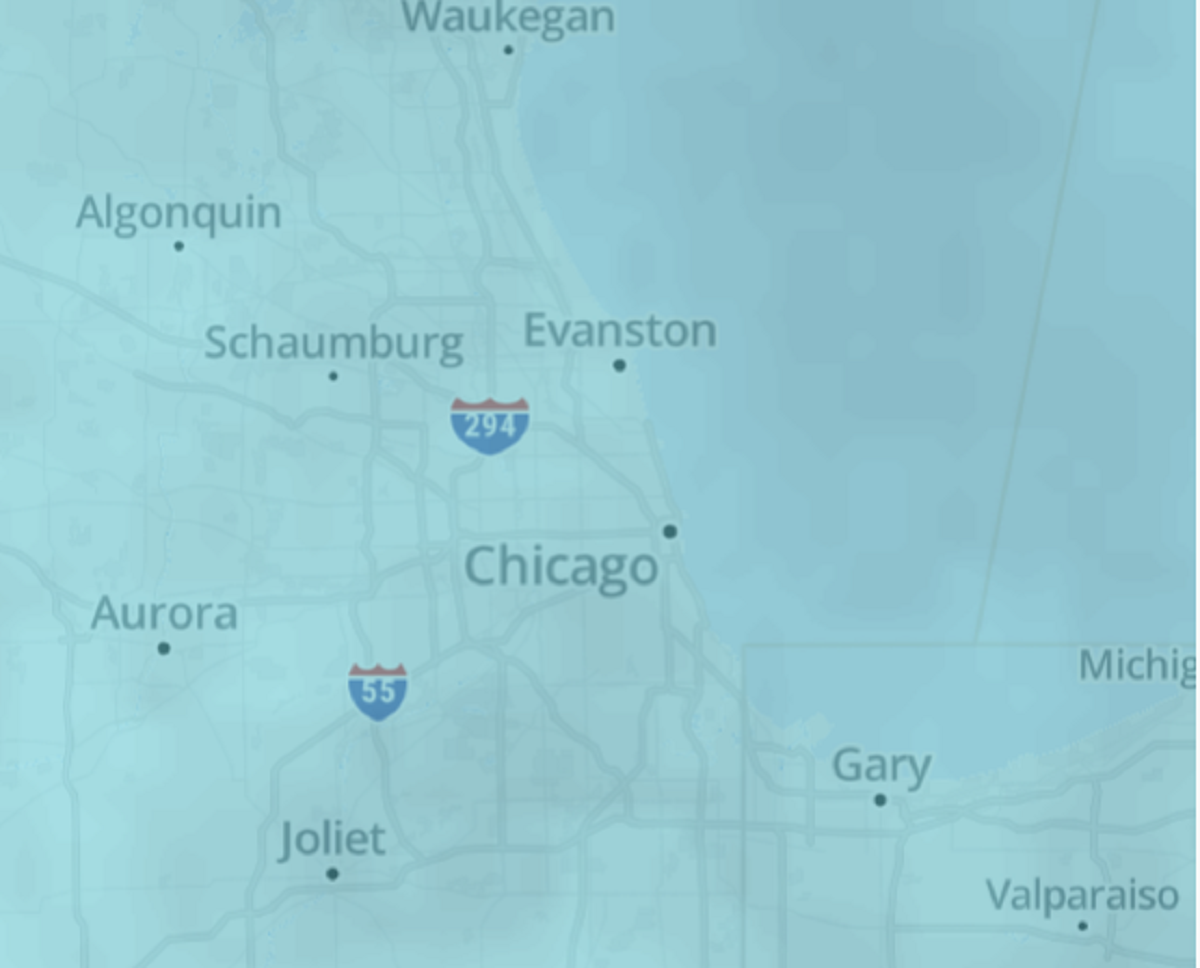A collaborative effort aims to provide much-needed health care resources in ten zip codes on the West Side of Chicago, which suffers disproportionately from chronic rates of disease and mental illness. NBC Chicago’s Lauren Petty.
A collaborative effort aims to provide much-needed health care resources in ten zip codes on the West Side of Chicago, which suffers disproportionately from chronic rates of disease and mental illness.
The program, Wellness West, is funded by the Healthcare Transformation Collaborative of the Illinois Department of Healthcare and Family Services, which consists of hospitals, health systems and community organizations focused on one cause - eliminating inadequacies in health care and social services.
“It's about 40 providers that have come together within our collaborative to really think about how we address reducing health disparities on the west side of Chicago,” said Misty Drake, executive director for Wellness West.
Louise Williams, a community health worker with Wellness West, first met one resident when he was going through a job training program at the North Lawndale Employment Network, one of the Wellness West partners.
William has screened Deangelo Mack and more than 400 other West Side residents using the same health risk assessment form. She learned Mack needed help with rental assistance and mental health counseling.
“Actually, he was already seeing a mental health therapist, but he wasn't seeing him on a regular basis,” Williams said.
“I was the type [of] person I never wanted to open up to anybody,” Mack stated.
Local
Mack said his anger and anxiety have improved significantly since being in regular therapy.
“There's a lot of guys just like me and I just pray that, you know, they can seek help and once they get the help, they can make changes,” Mack said.
Feeling out of the loop? We'll catch you up on the Chicago news you need to know. Sign up for the weekly Chicago Catch-Up newsletter.
Wellness West makes resources available to patients and clients of its provider partners.
“The idea is that we're able to screen patients, determine what their needs are and provide them access to those needs,” said Dr. Claudia Fegan, chief medical officer at Cook County Health, one of the 40 health systems, hospitals and organizations with staff trained to identify qualified individuals.
“You're having someone from their community, talk to them, really discover where they are and what all of their needs are,” Fegan said.
Through the help he’s received, Mack envisions a brighter future. He wants to become a case manager to help others.
“I want to actually work with the youth and just, you know, talk to them and tell them it's more besides, you know, being in the streets and get into trouble,” he said.
A West Side native herself, Williams couldn’t be more proud of how far Mack has come.
“When you help the community, you help yourself. I feel good because, especially like with Deangelo, he's moving forward,” Williams said.



